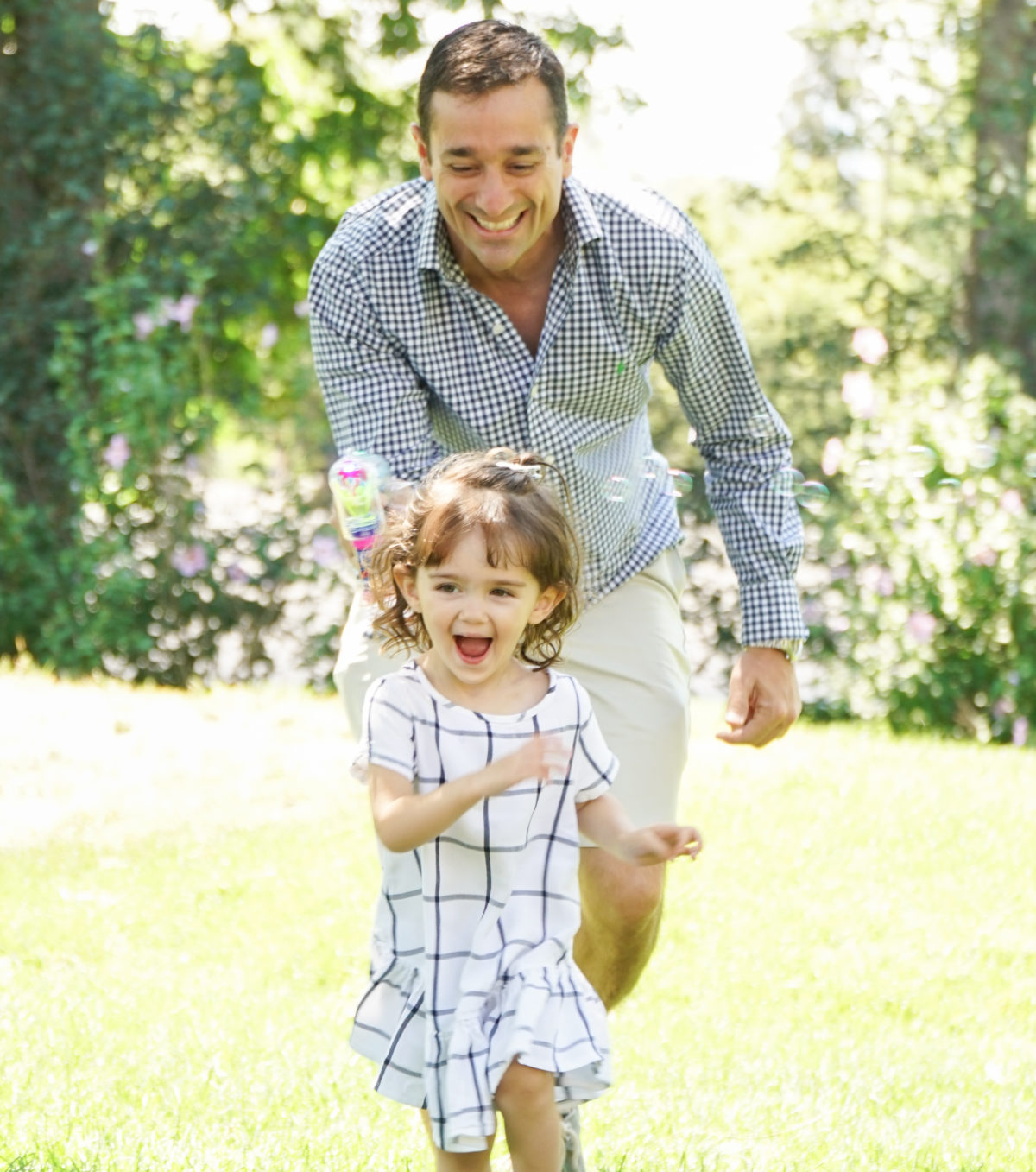Well, you just clean up and move on! Our daughter Maggie taught us this life lesson a couple of years when she about was 3-years-old. It may seem like an obvious insight. However, for someone that would let mistakes or failures bother them for a really long time, this has been a gamechanger for me as a parent and in my everyday mindset.
In reflecting back on how fatherhood has shaped how I try and show up these days, I think handling bedwetting may be one of the best.
Don’t let it fester
Is there a better word to describe it? “Fester”. What a word. Anyway, just like pee on a bed, letting your mistakes fester in your mind can be just as stinky. Failures can put me into a funk, (another great word) and I can let them bother me for hours, days, and weeks. I’m learning that the faster that I process them mentally and move on, the better.
Bouncing back quickly and showing resiliency comes naturally for some, while others of us really have to work on it. It is an incredible skill to put in your toolset and there sure are a lot of opportunities to work on it.
No room for blame or shame
The first time Maggie wet the bed, she was kind of freaked out and we weren’t exactly ready for it either (she was in our bed). It took some time to get her to relax and was she was really upset. However, when she did it again, it really wasn’t a big deal. That’s because we didn’t make it a big deal. Instead, we just quickly determined what kind of wipe down she needed based on the volume and magnitude and changed her pajamas. We quickly changed out the sheets and everyone got back to bed. We had the laundry going the next morning.
It’s the middle of the night, everyone is tired, and it can be frustrating. But it’s also a time to ensure that shaming as a parenting technique doesn’t surface. In her book Daring Greatly, Brene Brown writes. “I can say without hesitation that childhood experiences of shame change who we are, how we think about ourselves, and our sense of self-worth.” Just because a kid wets the bed doesn’t mean they are a bad kid. Just like you aren’t a bad person either for whatever accident or mistake that happened.
It Happens! So Own it
We can all be so hard on ourselves after making a mistake. What if we just stopped the snowballing thoughts swirling in our head and said out loud, “Yep, I wet the bed!”? This honest awareness and recognition will help us to move on quickly while giving ourselves some grace in the process. Whether it is an accident, a lapse of judgment, or failure, it’s just part of our growth.
In addition, it may even result in something to celebrate as we can learn new processes (like a routine before going to bed) or new warning signs (like noticeable uncomfortableness).
Prepare for the next time, because there will be a next time
Kids have been wetting the bed all over the world for a long time. The good news is that there are solutions for when does happen. We have waterproof covers underneath the sheets on their beds (including ours) to protect the mattresses. When it does, we can pull off the bedding and get it in the laundry in one swoop to be washed by the morning. We also ensure that we go potty before bed. We put in precautions and literal safety blankets because it is bound to happen again.
Just like so many of our other endeavors in life, we know there will be mistakes. So let’s use our experience and wisdom to put things in place so when we make mistakes (which is going to happen) so that we can recover quickly and get on with where we want to go in life.
Someone else may have wet the bed… all the above applies
There is one more insight to take away from this blog. That our friends, family, and co-workers are going to wet the bed. (figuratively this time… but you never know). But when they do, think about how we can help them get cleaned up and back on track. They already feel embarrassed and ashamed so there is no need to pile on. It’s an opportunity to provide perspective and support.
The bed is wet. It happened. There is no going back in time to prevent this particular accident from happening. So let’s not waste any more energy on the past.
The irony is that when Maggie was 3-years-old, she used to carry around the book ‘Don’t Sweat the Small Stuff… And It’s All Small Stuff’, by Richard Carlson. If she only knew how enlightened she was and the lessons she was teaching her parents.



